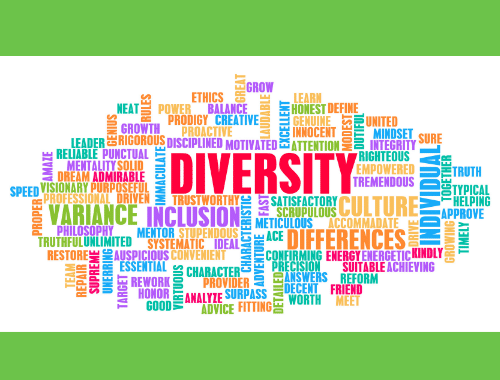


Thursday, May 6th, 2021
by Sabine Kortals Stein
For anyone interested in learning more about the personal, interpersonal, institutional, and structural systems of racism, the YWCA Boulder County developed a three-part training and discussion series. “Being an Antiracist” aims to educate, inform action, and ignite transformation in our community to end racism.
Several Partners of SVP Boulder County recently participated in this training, and offered these reflections:
Claire Clurman:
“The YWCA’s antiracism course, led by Shiquita Yarbrough and Debbie Pope, was both a humbling experience and a personal awakening. I learned that – while empathy and compassion are important in confronting social and racial injustice – continued education and the re-examination of history through the lens of our BIPOC neighbors and friends is critical to address systemic inequities that have plagued this country for more than 200 hundred years.
“Debbie and Shiquita co-led this three-session course, creating a trusted and safe environment to deepen our knowledge by exploring bias, power, privilege, and racism…and the role that each of us needs to play if we are to effectively work in the social sector and be constructive allies in eliminating racism. My hope is that every Partner in SVP Boulder County attend this class so that – collectively – we can better center the needs of our community and more efficiently work alongside our nonprofit partners to abolish disparities that adversely affect our economy, health, and well-being.”
Ellen Greenhouse:
“This training seeded a new level of consciousness about how entirely different my day-to-day experiences would be if I were a person of color. I also learned the importance of speaking out in any way I can when I encounter racist stereotypes or comments.
“I appreciated the opportunity to be vulnerable with workshop leaders who were consistently affirming and non-judgmental.
“Following the course, I chose to read a number of books, fiction and non-fiction, by authors of color. When I feel sufficiently safe from the virus, I also plan to attend in-person meetings of local groups to identify a fit for me as an ally who wants to work on antiracism.”
Hope Hanrahan:
“The course didn’t just provide robust history and education, but accessible and useful action items on how to better ourselves…in both little ways and big. Doing a self-reflection using the course guidance helped me to become more aware of privilege and racism in our everyday lives.
“It was enjoyable to take the course with others, learn from their experiences, and reflect together on ways to build mindfulness around addressing racism.”
Ed Victor:
“I found the antiracism course quite impactful, and part of my continuous education process. No matter where a person is in their knowledge and understanding, I am confident they will have takeaways that change their behavior and outlook. They’ll either learn something new or further deepen their knowledge.
“Plus, we must all continue to be part of the conversation, and help our own organizations be mindful of JEDI (Justice, Equity, Diversity, Inclusion) work.”
Lester Wall:
“The antiracism course brought the history of race in this country into sharp focus. The post-civil rights history presented encouraged a broader understanding of the inequality that still exists in the African American community, a deeper understanding of the racial hatred still manifesting in much of America and the simmering impacts of Jim Crow, and the more nuanced and subtle ways of disenfranchising most of the Black community.
“The integration of historical data, personal stories, and documentary complexity made for a very positive and educational experience.”